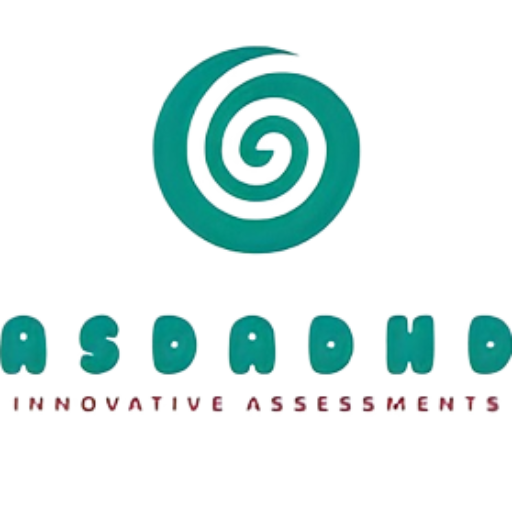10 Oct, 2023 | anishdr | No Comments
6 Effective Strategies for Managing an Angry ADHD Child
Parenting a child with ADHD can be a unique challenge, especially when dealing with heightened emotions and anger. However, with the right strategies, parents can navigate these challenges effectively. In this article, we’ll explore six actionable strategies to manage anger in children with ADHD.
The Challenge of ADHD and Emotional Regulation
Children with ADHD often struggle with emotional regulation. Their neurological makeup can make them more susceptible to emotional outbursts, often stemming from frustration, sensory overload, or miscommunication. Understanding this is the first step in helping them navigate their emotions more effectively.
Setting Boundaries for Smooth Transitions
One common trigger for anger in children with ADHD is sudden transitions. Whether it’s moving from playtime to study time or dealing with unexpected changes in plans, these transitions can be jarring. By setting clear boundaries and preparing them for upcoming transitions, parents can reduce the likelihood of meltdowns. For instance, using timers or verbal reminders can help children anticipate and prepare for changes.
The Importance of Active Listening with ADHD Children
Communication can be a challenge for children with ADHD. They might miss out on key details or get overwhelmed by too much information. By practicing active listening, parents can ensure they fully understand their child’s perspective and feelings. This involves pausing, reflecting back what the child has said, and asking clarifying questions. Such a practice can prevent misunderstandings and build trust.
Maintaining Composure: A Parent’s Role
Children often mirror the emotions and behaviors they observe. If a parent reacts with anger or frustration, a child is likely to respond in kind. By maintaining a calm demeanor, even in challenging situations, parents can model appropriate emotional responses for their children.
Crafting a Consistent Response Plan
Consistency is key when managing behavioral challenges. By having a clear and consistent plan for responding to outbursts or challenging behaviors, parents can provide a stable environment for their child. This might involve setting clear consequences for certain behaviors or using a reward system to reinforce positive behavior.
Celebrating Efforts: The Power of Encouragement
Positive reinforcement can be a powerful tool. Instead of focusing solely on challenging behaviors, celebrate the successes and efforts. If a child manages to handle a situation better than they have in the past, acknowledge and praise them for it. This not only boosts their confidence but also reinforces the desired behavior.
Building a Robust Support System
Parenting a child with ADHD can be demanding. It’s essential for parents to have a strong support system in place. This could include therapists, support groups, friends, and family. By leaning on this support system, parents can ensure they’re equipped to provide the best environment for their child.
In conclusion, while managing anger in a child with ADHD can be challenging, with understanding, patience, and the right strategies, it’s entirely possible. Remember, every child is unique, and what works for one might not work for another. Stay informed, stay empathetic, and seek support when needed.

Write Reviews
Leave a Comment
No Comments & Reviews